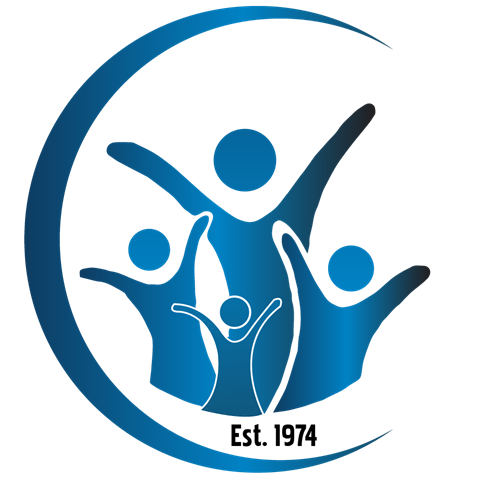Mentoring for Success Program (MSP)
The MSP is designed to complement the work of parents, school personnel, employers of youth, juvenile justice and foster care agencies, afterschool programs, social workers, and the local social service agencies, among others, by assigning mentors to youth who are vulnerable to at-risk behavior. The mentor-mentee relationship is initiated to support a mentee’s academic progress, socio-emotional development, encourage positive relationship building, positive self- esteem and self-awareness, academic enthusiasm, promote high order thinking about the setting of future life goals and the fostering of a community-oriented positive view of the school environment, the mentee’s local neighborhood and the larger world. The mentoring program identifies youth for service through a referral process with our partners ACS, CCF Health Home and local community-based educational and youth recreational activity provider.
Mentoring Strategy
There are two strategies that are the underpinning for the Mentoring for Success Program. The first, is the belief that for people to do better they must know better (learned how to do better). The second, is a Trauma Informed Lasallian Culture of Care™ which focuses on what has happened in a child’s life to cause them to behave differently than the other children in their peer group.
With the “Know better to do better” approach, the mentoring program seeks to expose mentees to a myriad of positive experiences that will inform the way they think about themselves and their relationships with others. This is accomplished through mentor-mentee sessions which includes activities, excursions to places that promote positive thoughts about life goals or shows the reality of how bad decisions can have negative consequences. The program emphasizes consistent collaboration with school personnel, employment supervisors, services providers, and parents/guardians to receive feedback about mentees’ progress. Essentially, we seek to change the way the mentees think, and in doing so, change the way they act, which ultimately greatly increases their chances of success in all areas of their lives. For example, mentees are exposed to higher education via college tours, as a way of familiarizing them at the earliest possible age about setting a goal of higher education.
With the our trauma informed “Lasallian Culture of Car®” approach, our philosophy is, when given supportive positive relationships and sensitive understanding of the impact of traumatic events and life experience, young people have the resilience and potential to achieve wellbeing and fullness of life. The mentors approach each mentee with the overall understanding that the building and nurturing of a supportive positive relationship can yield maximum success in all areas of a child’s life. The Trauma Informed Care training allows mentors to be mindful that many of the negative behaviors that are being displayed are quite possibly the result of some early adverse childhood experiences that puts the mentee at risk of continued negative behaviors as well as stress and mental health challenges typical of traumatized individuals. The mentors understand, from our many years of experience working with traumatized youth, that with the proper family care, educational support, nutritional guidance in place and with the intervention of positive relationships with adults who understand and care (emotional support), the negative behaviors of children who have experienced adverse childhood trauma can be mitigated and reversed.
Who are the Mentors?
Our mentors are all college educated professionals who currently work in educational or children and family service agencies with youth who have or have had significant behavioral challenges(trauma) due to their childhood adverse experiences. The professional experience of the mentors ranges from former and current teachers, school building principals, school district superintendents, social workers, human resource executives, bankers, non-profit executives and financial advisors, among others. All mentors work and/or reside in the local Merrick Academy community. All mentors are Trauma Informed Care trained and have passed the following screens to check their background:
- a check with NY State Central Registry for child abuse
- a check of the FBI registry of sexual offenders
- a check of the NYS Justice Center of abuse of vulnerable people
Statistics for Mentoring Services With Our Community Partners
How do we know the Mentoring Program is effective?
92% of Children in the Mentoring Program did not miss school due to suspensions. This means Mentees received more instruction and therefore more learning took place. The year before the mentoring program 80% of the mentees had received some form of suspension
85% of Mentees passed the 3rd through 5th grade ELA and Math standardize Exams. “More Instruction, More learning, More passing”
100% Middle School transition rate for Mentees who were in 5th grade.
12% of Mentees received student of the months. This is a 300% change from the previous year without the Mentoring Program.
100% of Mentees negative behaviors declined significantly as per anecdotes from school personnel and parents.
100% of Mentors’ reports indicate overwhelmingly that mentees have responded well to the mentor- mentee relationship and behaviors have become more positive.
88% of mentees had attendance that was better than 90%.

